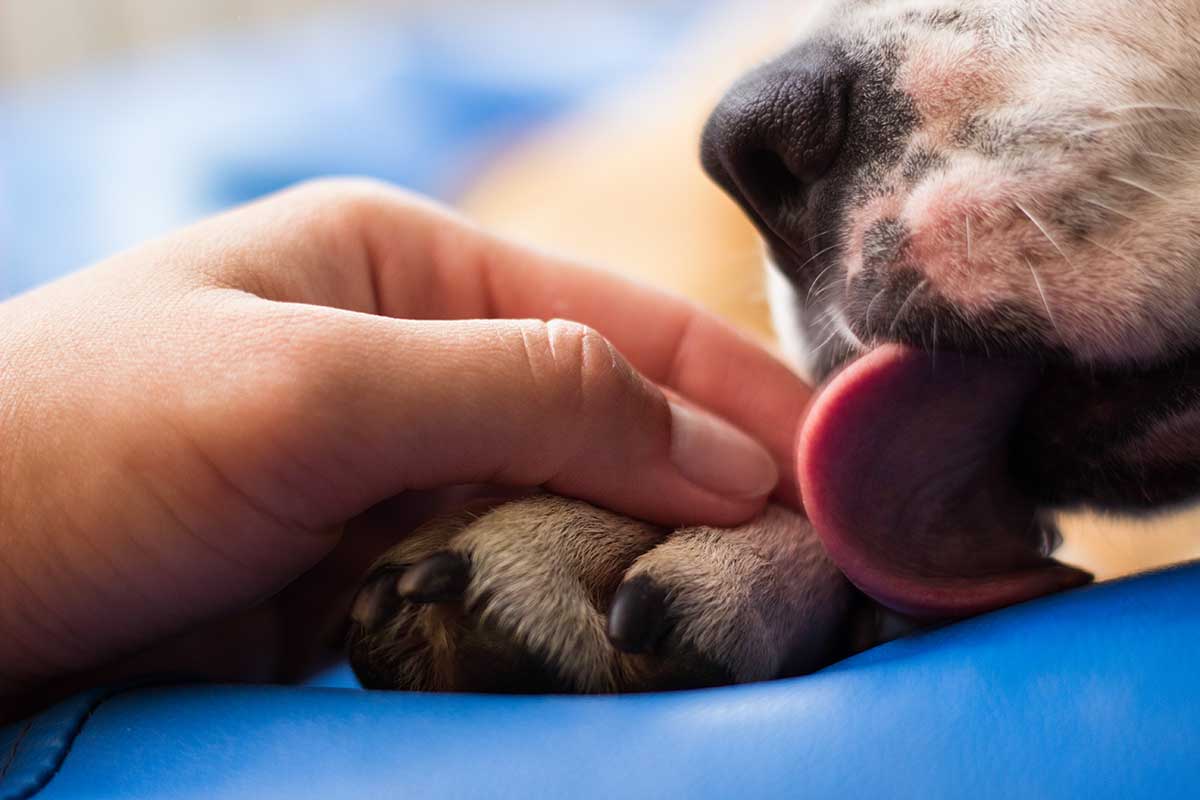
If you’re a dog owner, you want to keep your pooch as healthy and happy as possible. Unfortunately, like humans, dogs can develop allergies to certain foods, environmental factors, and other triggers. So, here are some signs that your furry friend may be suffering from allergies.
Signs Your Pooch Is Suffering From Allergies:
 Itchy, red skin: One of the most common symptoms of allergies in dogs is itchy, red skin. Your dog may scratch, lick, or bite at their skin excessively, causing hair loss or even skin infections.
Itchy, red skin: One of the most common symptoms of allergies in dogs is itchy, red skin. Your dog may scratch, lick, or bite at their skin excessively, causing hair loss or even skin infections.
Ear infections: Allergies can also trigger ear infections in dogs. If you notice your dog constantly shaking its head , scratching at its ears, or if there is a foul odor coming from its ears, your furry friend may have an ear infection caused by allergies.
Digestive issues: Food allergies can cause digestive issues in dogs, such as vomiting and diarrhea. If you notice your dog having frequent stomach issues, it may be due to a food allergy.
Sneezing and coughing: Just like humans, dogs can have seasonal allergies that cause sneezing and coughing. If your dog’s allergies are seasonal, you may notice these symptoms occurring during certain times of the year.
Runny nose and eyes: Allergies can also cause a runny nose and eyes in dogs. If you notice your dog sneezing frequently or has watery eyes, it may be a sign of allergies.
If you suspect that your pet may have allergies, it’s crucial to take them to the vet for a proper diagnosis. The vet can perform tests to determine what your dog is allergic to and suggest the best course of treatment. This may include allergy shots, medication, or simply avoiding the allergen.
Remember, allergies can be a serious issue for dogs and can greatly affect their quality of life. By knowing the signs of allergies and taking your dog to the vet for treatment, you can help your furry friend feel their best.
Care For Your Dog When It Has Allergies:
 Allergies can be a serious problem for dogs, just as they can be for humans. If your friend is showing signs of allergies, such as itching, redness, or hives, it’s important to take action to help them feel better. Here are some tips for caring for your dog when they have allergies:
Allergies can be a serious problem for dogs, just as they can be for humans. If your friend is showing signs of allergies, such as itching, redness, or hives, it’s important to take action to help them feel better. Here are some tips for caring for your dog when they have allergies:
Get a diagnosis: The first step in caring for a pooch with allergies is to get a proper diagnosis from your veterinarian. They will perform tests to determine the cause of your dog’s allergies and recommend appropriate treatment options.
Keep your dog clean: Allergens can build up on your dog’s skin and fur, so it’s important to keep them clean. For instance, you can bathe your dog regularly with a mild shampoo or use a flea comb to remove any allergens or debris.
Change their diet: In some cases, allergies can be caused by food. Some veterinarians may even recommend special diets for dogs that are usually free of common allergens such as wheat, corn, and soy.
Manage the environment: If your dog is allergic to things like pollen or dust mites, you can take steps to minimize their exposure. Keep your home clean and free of dust, and avoid taking your dog outside during peak allergy season.
Use medication: Depending on the severity of your dog’s allergies, your veterinarian may recommend medication to help manage their symptoms. This could include antihistamines, steroids, or other prescription medications.
Consider natural remedies: Some dog owners prefer to use natural remedies to help manage their dog’s allergies. This could include supplements such as omega-3 fatty acids or herbs like chamomile.
Monitor your dog’s symptoms: It’s important to keep a close eye on your dog’s symptoms and report any changes to your veterinarian. They may need to adjust your dog’s treatment plan or perform additional tests to ensure they are getting the best care possible.
By following these tips, you can help keep your dog comfortable and healthy, even if they are struggling with allergies. Always remember to consult with your veterinarian before starting any new treatment or medication, and never hesitate to reach out if you have any concerns about your dog’s health.






